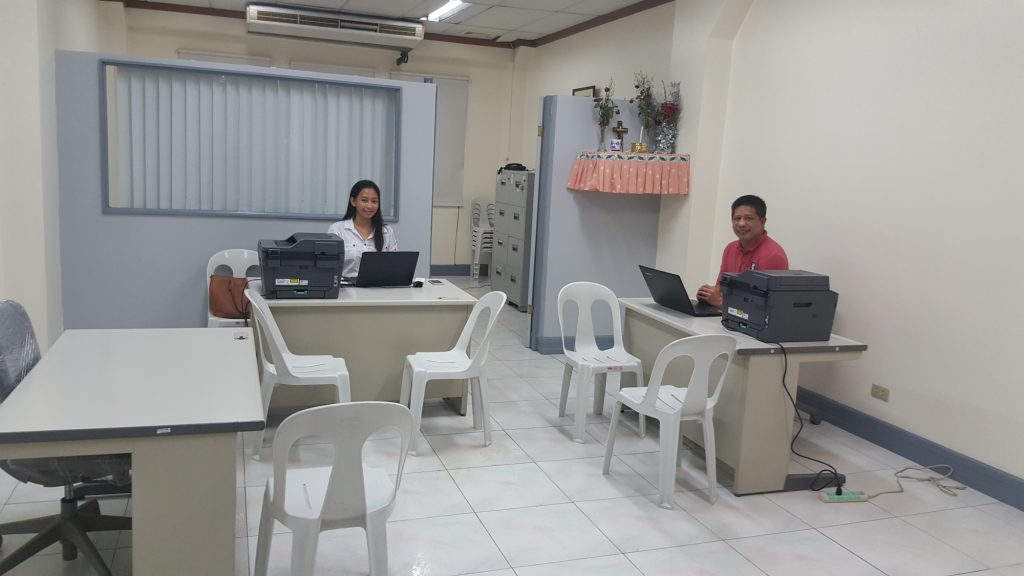One of the reasons why you decided to work overseas is to give your family a better life. By better life, this includes having a place you can call not just your home but also your own. Apparently, buying your dream house is not as easy as it seems. You have to consider the location, neighborhood, and proximity to hospital, school, and malls among others.
More importantly, you need to consider the cost because owning a house is not going to be easy on your pocket.
Buying a house definitely entails cost, but this doesn’t mean you have grab every sideline you can find just to pay for it. Believe it or not, there are many ways you can still save without compromising your dream home.
1) Be realistic with your choice of home.
There’s nothing wrong with aiming for that three-bedroom home with two-car garage and a backyard located inside a gated subdivision. While it is an epitome of your dream house, your budget cannot afford it even if you work three jobs.
Therefore, be realistic with your choices. Keep in mind that aside from buying the house, you need to spend few more thousands for renovation in order to suit your needs. Stick to a budget plan and look for options according to that plan.
2) Canvassing is key.
There are tons of properties offered by a lot of developers in the market. Now that you established a budget, explore your options by looking into what a particular developer can offer based on that budget. Compare and contrast the facilities and amenities to help you decide which one will give you more value for money. Some developers offer similar home characteristics but sell it at different prices – and surely you want to go with a home that helps you save more.
This leads you to this next tip.
3) Don’t rush into buying a new home.
We understand that you want your family to move out so they can finally settle in the new house. Sadly, that’s not how it works, especially if you want to be able to save. This is why it is important to explore your options first before you say yes to a specific home. Once you say yes, you can never go back and leave the original one behind.
4) Consider foreclosed properties.
A house developed by DMCI or Ayala might be the perfect one, but can your pocket afford it? If you want to be able to save more, try looking at listings for foreclosed properties. Lenders sell it at more affordable prices with more flexible monthly installments because they simply want to dispose the property and turn it into cash.
Is this safe? Well, this leads us to the next tip.
5) Inspect the house.
Home inspection is a must when buying a property. You need to personally see the condition of your “future home” and make an estimate on how much money you still need for the repairs and renovation. You can also haggle the price based on this estimate. You also need to personally see the property to give you a “feel” of the surroundings of your possible future home.
Trust your gut on this because if you feel that the house doesn’t feel right, then move on to the next option.
6) Establish your credit standing.
Remember this: when dealing with lenders, your credit score is among the biggest considerations. If you plan to finance your future home, then make sure that you are in good credit standing. This way, you can negotiate with the rates, thereby helping you save few hundreds or thousands.
READ: 6 Tips to Boost Credit Standing
Buying a home is among the biggest purchases you will make in your life – and you want to make it worth it. Keep these things in mind because these will surely help you when you’re ready to go house hunting.
 Of course, OFWs are not just limited to those who came from Metro Manila. There are many of you who came from provinces and Balikbayad recognized that. In fact, Balikbayad saw an increasing demand from Visayas region, which is why they decided to open a branch, particularly in Cebu. This way, they can easily and more effectively offer its services to our modern day heroes in Visayas region.
Of course, OFWs are not just limited to those who came from Metro Manila. There are many of you who came from provinces and Balikbayad recognized that. In fact, Balikbayad saw an increasing demand from Visayas region, which is why they decided to open a branch, particularly in Cebu. This way, they can easily and more effectively offer its services to our modern day heroes in Visayas region.
 “Walang forever,” so they say. In fact, this saying applies in OFW life. Your work abroad is only as good as the duration of the contract, with risk of being cut short due to unforeseen events. Once it ends, you have no choice but to go back and look for another job because you have mouths to feed and bills are piling, waiting for payment.
“Walang forever,” so they say. In fact, this saying applies in OFW life. Your work abroad is only as good as the duration of the contract, with risk of being cut short due to unforeseen events. Once it ends, you have no choice but to go back and look for another job because you have mouths to feed and bills are piling, waiting for payment.